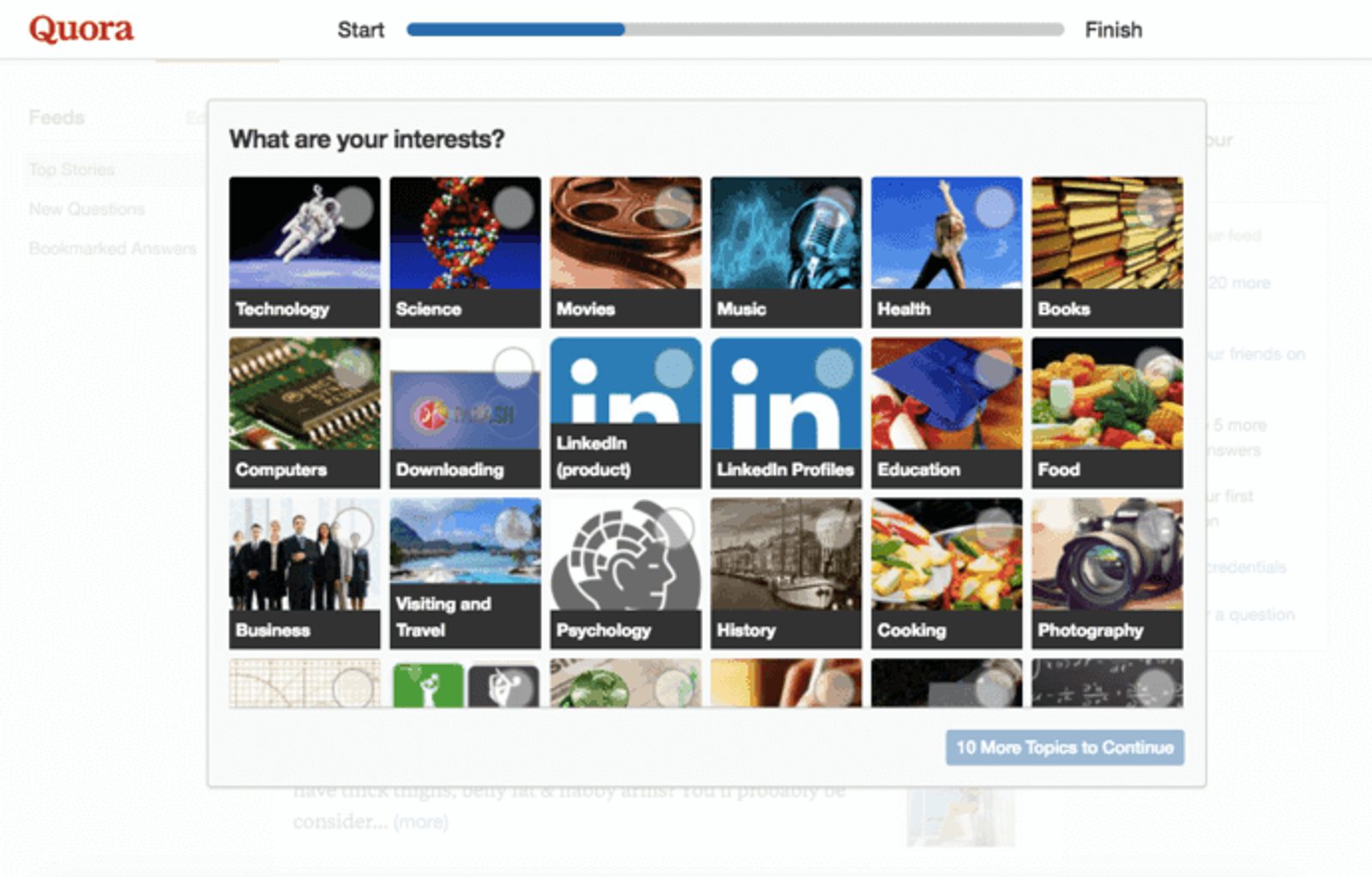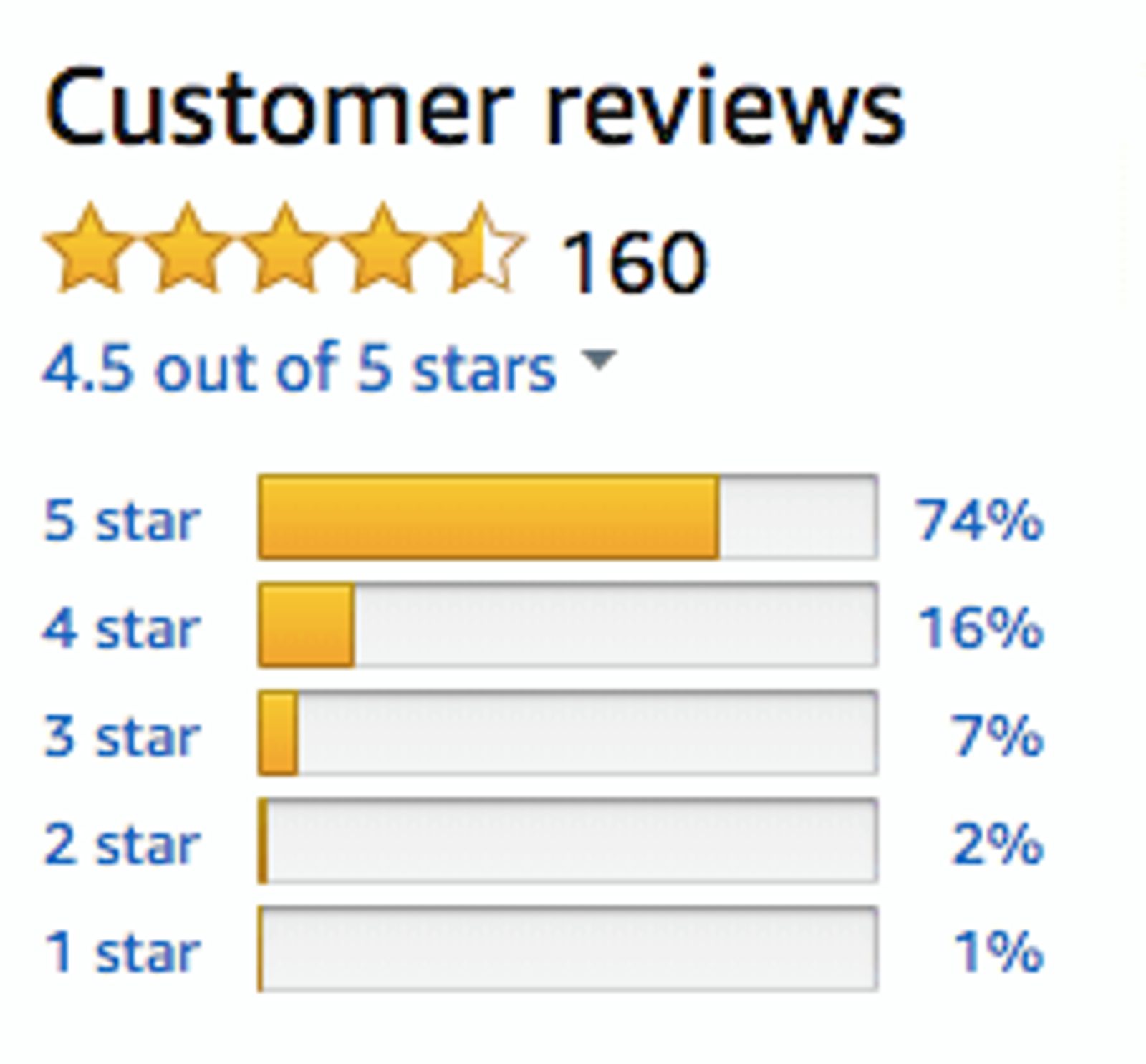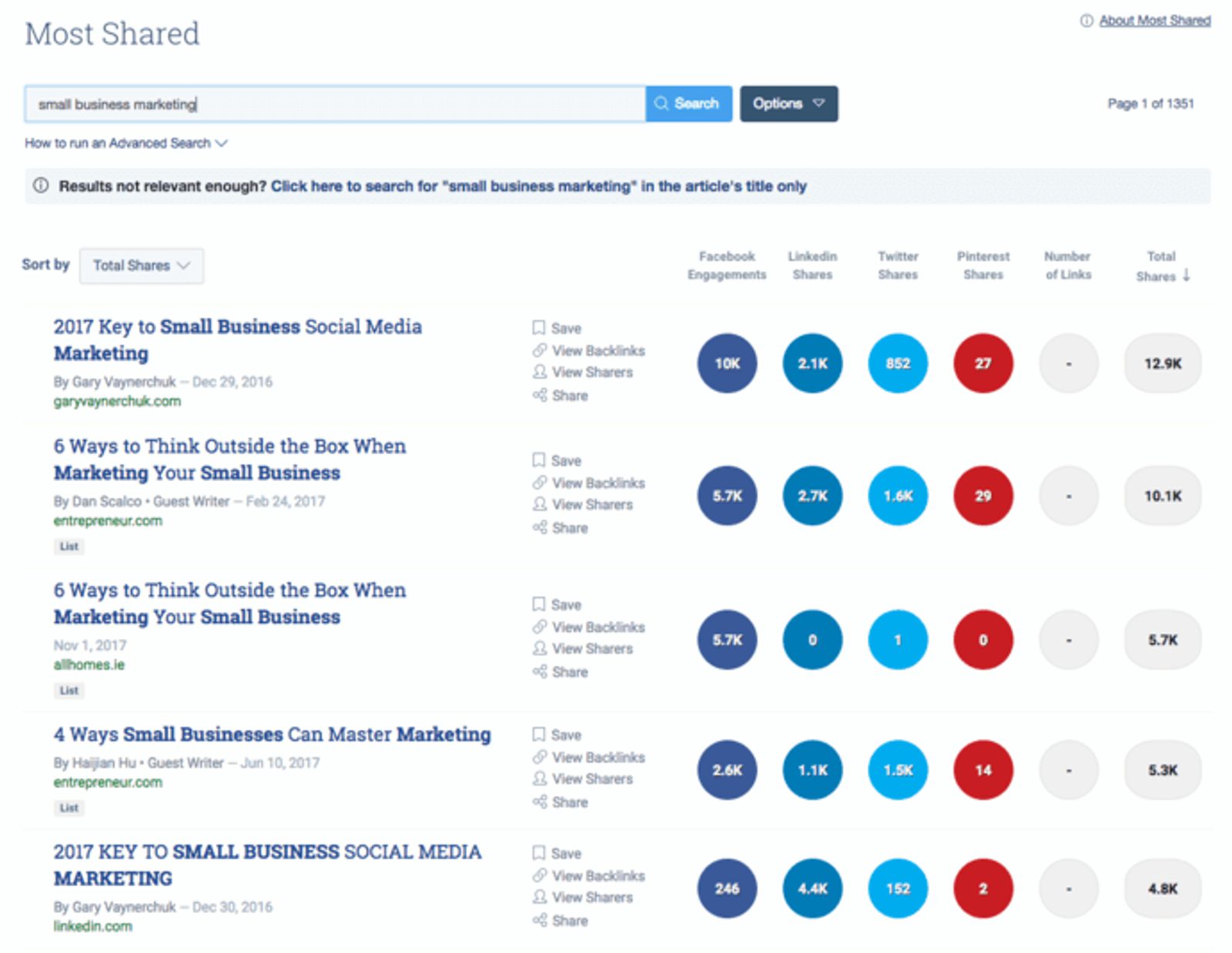Small business market research is a tough game.
If you Google “how to do market research,” you’ll come across a long list of tactics that are hard to use on a small business budget.
- Market research surveys
- Questionnaires
- Focus groups
- Competitive intelligence
- SWOT analysis
- Structured interviews.
The list goes on.
If you dig even further into market research techniques, you could quickly find yourself reading about the difference between qualitative and quantitative research, or even statistical sampling methods.
All of these market research techniques have their place. But when you’re wondering how to do market research for small business, you aren’t thinking about complicated statistical models or big budgets.
Market research firms sometimes run massive surveys and international focus groups. You might not have a way to reach 100,000 people with a survey, or the resources to set up multiple focus groups. Your market research process might not be able to include a ton of technology or statistics.
But there are still small business market research tools that work. Conducting market research for a new business or a small business can require some creativity.
With the right tactics, you can do affordable or even free market research that gets you the insights you need for your business.
How can market research benefit a small business owner?
Right now you're probably wondering: why do you need market research?
Small businesses already have a lot of day-to-day operations to deal with.
It’s hard to make time to do market research for small businesses—especially if you also need to learn how to do market research in the first place.
But if you don’t periodically check in with your audience, you could be leaving business and revenue on the table without ever knowing.
There are many benefits of market research for small business, but the top ones include:
- Helping you create more compelling marketing materials
- Identifying more targeted niches interested in your company
- Suggesting ideas for new products or services based on pain points
- Minimizing the risk of bad positioning that costs you leads without you knowing
- Giving you early updates on industry trends before they become widespread. For a comprehensive overview of these trends, you can check out Incfile's guide to small business trends
Simply put, effective market research helps you get inside your customers’ heads. How cool is that?
When you need to conduct market research on a tight budget, it can be tricky to find the techniques and market research tools that give the best value for the time and cost investment.
Here’s 8 of our favorite affordable market research techniques.
- Quora
- Book reviews
- Surveys
- Facebook groups
- Competitors
- Behavior and analytics
- Ask your audience
This article shows you how to do market research for small business
1. Quora: How to use Quora for market research
Quora is a social media platform based on questions and answers. On Quora, users can submit questions on any topic they like, as well as answer questions related to their expertise.
Getting started with Quora is easy: the platform guides you through the process and immediately prompts you to select your areas of interest.

Setting up your Quora profile will let you get notified when questions are tagged with the topics you select. That makes it easy to see what burning questions your audience is asking.
And because Quora orders its answers based on voting, you can also see which solutions they think are the most valuable.
For that reason, Quora market research can be a great method of collecting information on customer pain points. In market research for small businesses, free public questions from your audience is hard to beat.
If it fits into your marketing plan, you can also consider putting some effort into answering Quora questions. Repurposing your blog posts as part of a Quora marketing strategy can increase their reach and visibility.
2. Reddit: How to use Reddit for market research
Reddit bills itself as “the front page of the internet,” and for good reason—Alexa ranks Reddit as the eighth most trafficked website in the world and the fifth most trafficked in the United States.
Reddit contains a wide variety of communities, linked content, original content, and memes. But among cat videos and adorable GIFs, there are some surprisingly insightful conversations—discussions that are a gold mine for small business market research.
Reddit is organized into “subreddits,” which are communities focused on specific topics. Finding subreddits based on your industry is a good way to mine for pain points—and discover your audience’s candid thoughts.
Anonymity means that Redditors are often willing to share things they wouldn’t normally talk about in person. Reading discussion threads or even asking questions yourself can help you get insights from specific niches.
For example, if you run a fitness business and need to know how to do market research, you’ll find that there are quite a few opportunities to conduct customer research on Reddit.
Subreddits like these will show up:
- /r/fitness
- /r/loseit
- /r/gainit
- /r/bodybuilding
- /r/running
- /r/bodyweightfitness
Each of them serves different communities, and people often share their successes and struggles.
Reddit can also help track down a very narrow segment of a larger population. A subreddit like /r/griptraining is the very definition of niche—but if you run a rock climbing or powerlifting gym it could have valuable insights from your target audience.

Navigating Reddit can be a little tricky for new users. But once you figure it out, it's a powerful tool to do market research for small business.
3. Book reviews: How to use Amazon book reviews for market research
This market research technique is a little bit unusual—but it’s all the more powerful because of how few people think of it.
When you need to conduct market research on a tight budget, you need to get creative. Book reviews offer a wealth of information, sometimes incredibly detailed and specific, that few people are taking advantage of.

Amazon reviews are public, and you probably have some idea of the most important or popular books in your field. Even if you don’t, Amazon charts are also freely available—it’s easy to find out what people are reading.
Once you’ve tracked down some popular books, take a look at the reviews. Amazon lets you easily sort reviews by how positive they are and how helpful they are, so you can dive in at whatever point you like.
Joana Wiebe of Copyhackers is a huge review mining advocate to get to know your audience – and rightfully so. You can hear exactly what people's problems and wishes are in their exact language.
Positive reviews will be helpful because they can help you understand what people are benefiting from.
Negative or lukewarm reviews can be even more helpful because there’s a chance they call out needs or burning pains that the book didn’t answer—which may represent unmet needs your business can take advantage of.
4. Surveys: How to use a survey for market research
When most people think of using a survey to do market research for small business, they think of a massive effort that goes out to thousands and thousands of customers.
No, you probably don’t have thousands and thousands of customers who will respond to a survey. And there are some types of survey research that really do require those kinds of numbers.
But others don’t. And those are the kind you can focus on as you learn how to do market research for your small business.

Setting up surveys that get sent to customers after a sale can help you get a sense of how satisfied they are and what needs to lead them to make a purchase.
Similarly, you can set up surveys that go out to people that didn’t make a purchase. What prevented them from buying? What might have caused them to make a different decision?
Even if you only ask those two survey questions, the answers can help you make adjustments for the next time around.
BONUS – this type of small business market research is easy to automate.
Setting up automations that trigger based on a purchase or lack of purchase is easy to do with marketing automation software. Set up survey questions once, then focus on other parts of your small business while the results come in.
5. Facebook groups: How to use Facebook for market research

Facebook has risen as one of the major community-building platforms for small business. Type your industry into Facebook search and you’re bound to find a variety of related groups.
Some Facebook groups will be run by other business owners, others are simply people interested in the same topics. Regardless, reading through the conversations and questions asked in Facebook groups can be a valuable source of market research.
When you’re using Facebook for market research, you have a few options.
Simply reading through existing conversations is a great way to get started.
Even though names on Facebook aren’t private, people are often more willing to share their goals or frustrations within a relatively private group.
Once you’ve observed for a while and understood a group’s tone and social norms, you can start to join the conversation. Becoming a member of a group and engaging in discussions can be a great way to ask questions and go beyond surface-level insights.
You can't do this on another business’s page, and you have to be careful about coming off spammy, but Facebook groups can also help you get participants for a market research survey.
As you get more comfortable with how to do market research on Facebook, sharing a link to a survey can help you gather quantitative market research data.
As a free platform with over two billion monthly active users, Facebook can be a powerful way to do market research for small business.
6. Competitors: How to use competitor analysis for market research
Chances are you're not the only business in your niche. How are the most popular websites in your industry trying to appeal to your audience?
How can you tell which content is the most popular or successful? Use a tool like Buzzsumo to find the most shared content on a particular topic.

A tool like SEMrush can tell you which content ranks the highest in search engines. Both are good ways to identify potentially high-value topics.
Beyond content, look at the other marketing materials your competitors put out.
- What kind of messaging are they using on their website?
- How are they creating cross-sell and upsell opportunities?
- What does their team look like—who’s actually doing their marketing?
As you grow your business, this kind of information becomes more useful.
There’s no guarantee that your competitors are doing everything the best way—but seeing how they are managing their business can spark ideas to improve your own.
Here's how you do this kind of research:
- Collect all of the info your competitors make publicly available
- Comb through their website and about page, download flyers and brochures, and check out the events they attend.
- Make absolutely sure you get on their email list, so you can see what kind of messages they like to send.
It’s worth taking competitor research with a grain of salt. Again, there’s no guarantee that competitors have done the level of customer research you’re looking for. Still, looking at competitor messaging is a useful way to infer the features and benefits that matter to your audience.
Competitor research isn’t a substitute for contacting your audience directly, but it can be a good starting point to figure out what kind of content is popular in your niche.
7. Behavior and analytics: How to use data for market research
It’s one thing to know what customers say they want. In any industry, professionals know that customers don’t always know how to solve their problems. Sometimes there’s a better question to ask for market research.
What do they actually do?
Tracking behavior on your website or engagement with your emails and messages is a great way to see which of your marketing efforts are most popular—and can help you adjust your marketing in the future.
Google Analytics is one powerful tool that can show you exactly how people engage with your website.

What content topics are the most popular? Make more content on those topics. Which pages have the best conversion rates? Direct more traffic to those pages. Your content marketing is also a source of information about your audience.
Combining website tracking with marketing automation can take things to the next level.
Marketing automation software can track email opens, link clicks, behavior on websites, replies/forwarding—and use those insights to automatically follow up with customers on what they care about most.
Of all the affordable small business market research techniques on this list, data is the most actionable. Analytics allow you to go from insight to action almost instantly—and sometimes automatically.
8. Ask your audience: How to use interviews for market research
Even though people don’t always say quite what they mean, there’s no substitute for direct, one-on-one conversations with your audience.
A market research interview allows free conversation that leads to deeper insights than survey or written answers. If you can get people to open up, you’ll be rewarded with detailed information about their pain points, struggles, and successes.
The style of the interview is less important than getting interviews done. You can do phone interviews, in-person interviews, even email interviews—and still get actionable insights.
The lessons you learn from talking to even 10 customers can change your business strategy, marketing, or client service. The ability to speak to customers using their own language is like a marketing superpower.
Customer interviews are the way to do it.
Entire businesses can be built on what your customers tell you. When you listen to your audience, you get to the heart of what they care about—and no amount of online market research or survey data can tell you that as precisely as they can.
Conclusion: Use market research to get inside your customers’ heads
If your business grows, you’ll eventually want to consider the focus group, survey, statistical analysis, and market trends approach to market research.
Those methods can reveal insights that are hard to find using more affordable market research techniques.
If you need to understand market saturation, or build a picture of how your pricing compares to the competition, you’ll eventually need to use some of the more traditional forms of market research.
But there’s value to doing market research before you have the budget for standard methods. Getting in touch with your customers’ needs can give you a huge edge as a small business.
Not a lot of people do market research for small business like this. Most prefer to wait until they can hire someone to do it for them (or just ignore it entirely). That's where you can get a head start on others, as well as using features like Google Ads, company branding, and small business software.
Because of that, these types of affordable market research techniques are a huge competitive advantage—one that lets you get inside the heads of your customers and offer them exactly what they want to buy.

Thanks to Canva Presentations for creating a slide deck of this article: How to Do Market Research for Small Business









